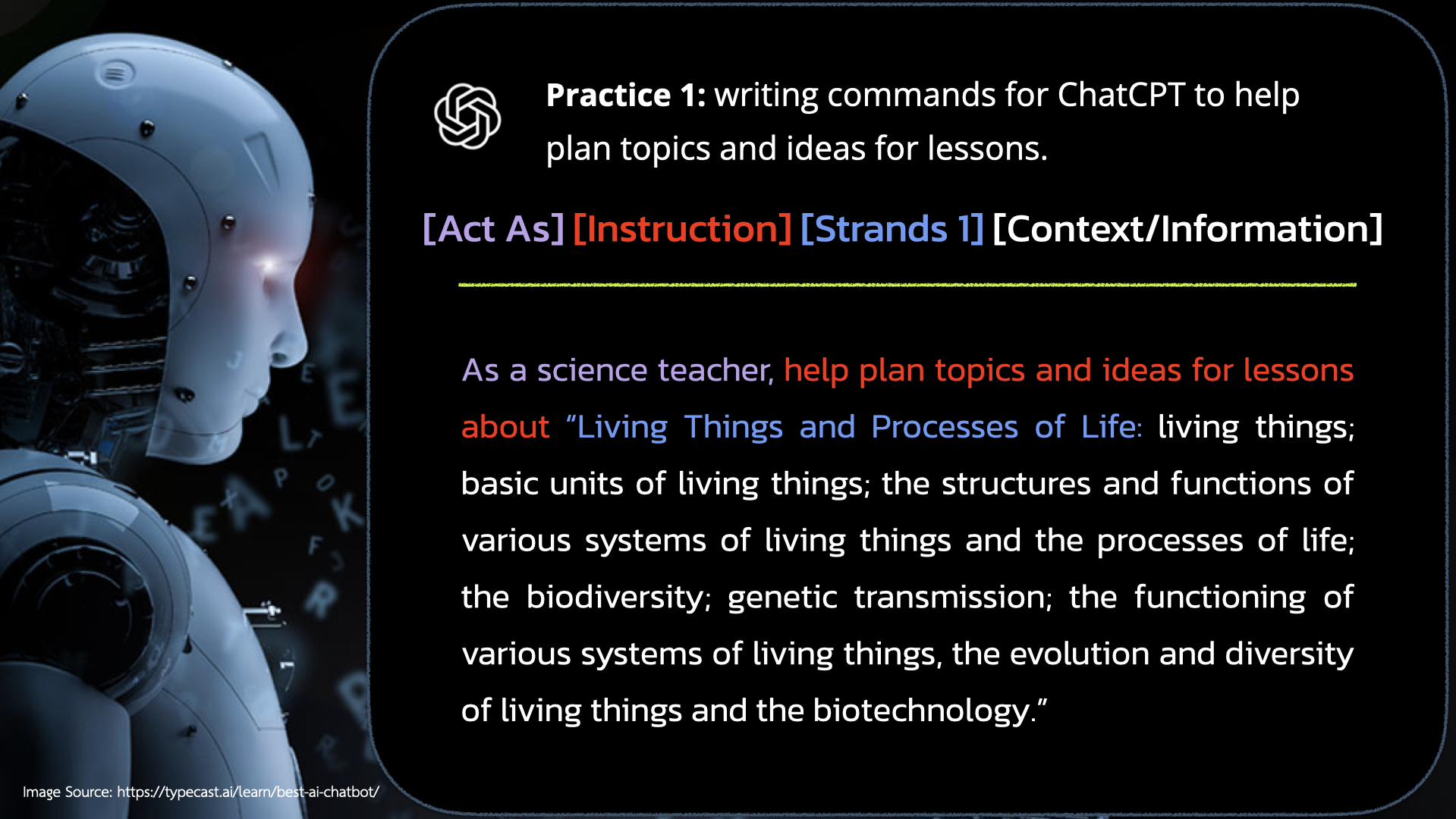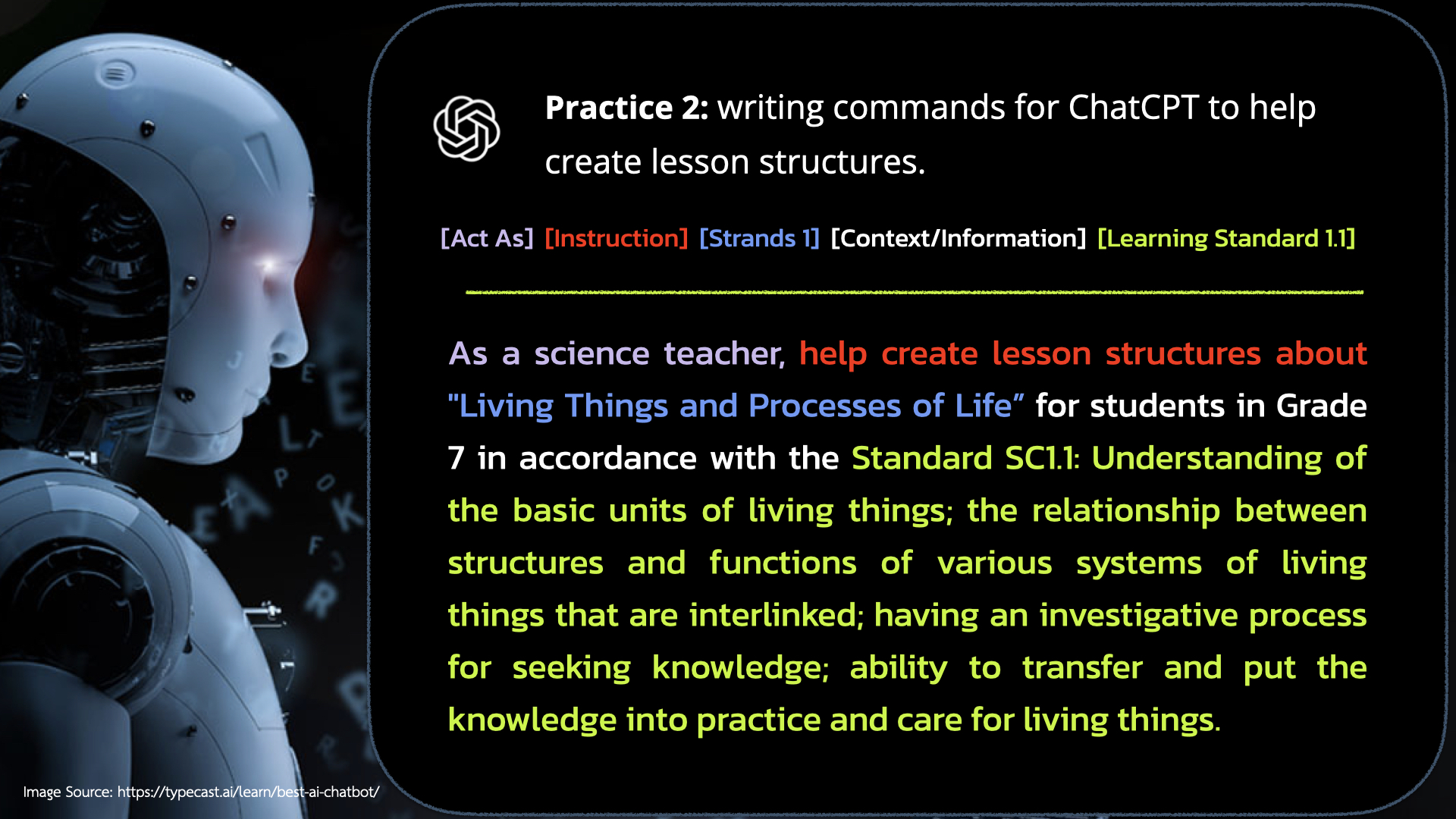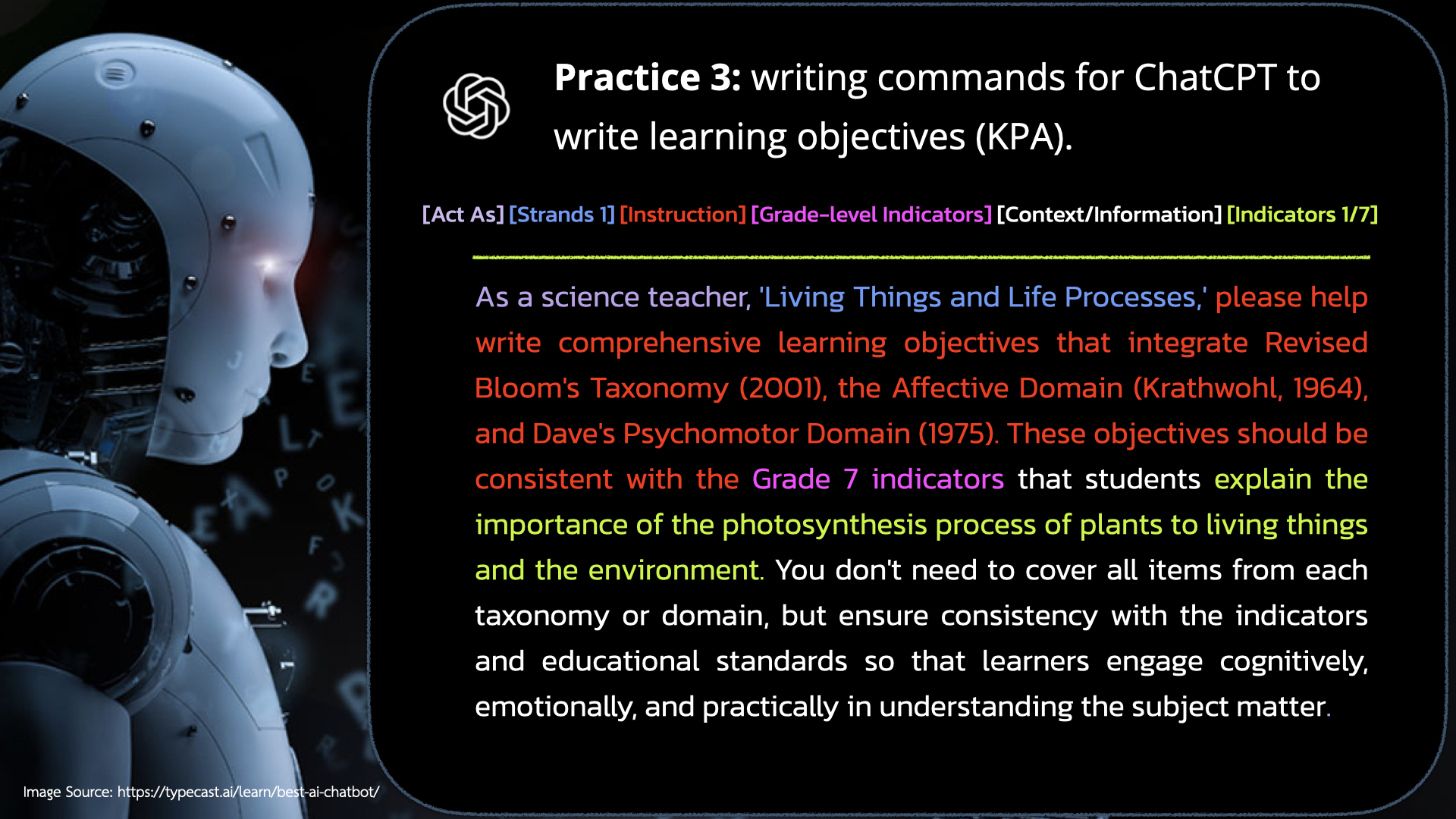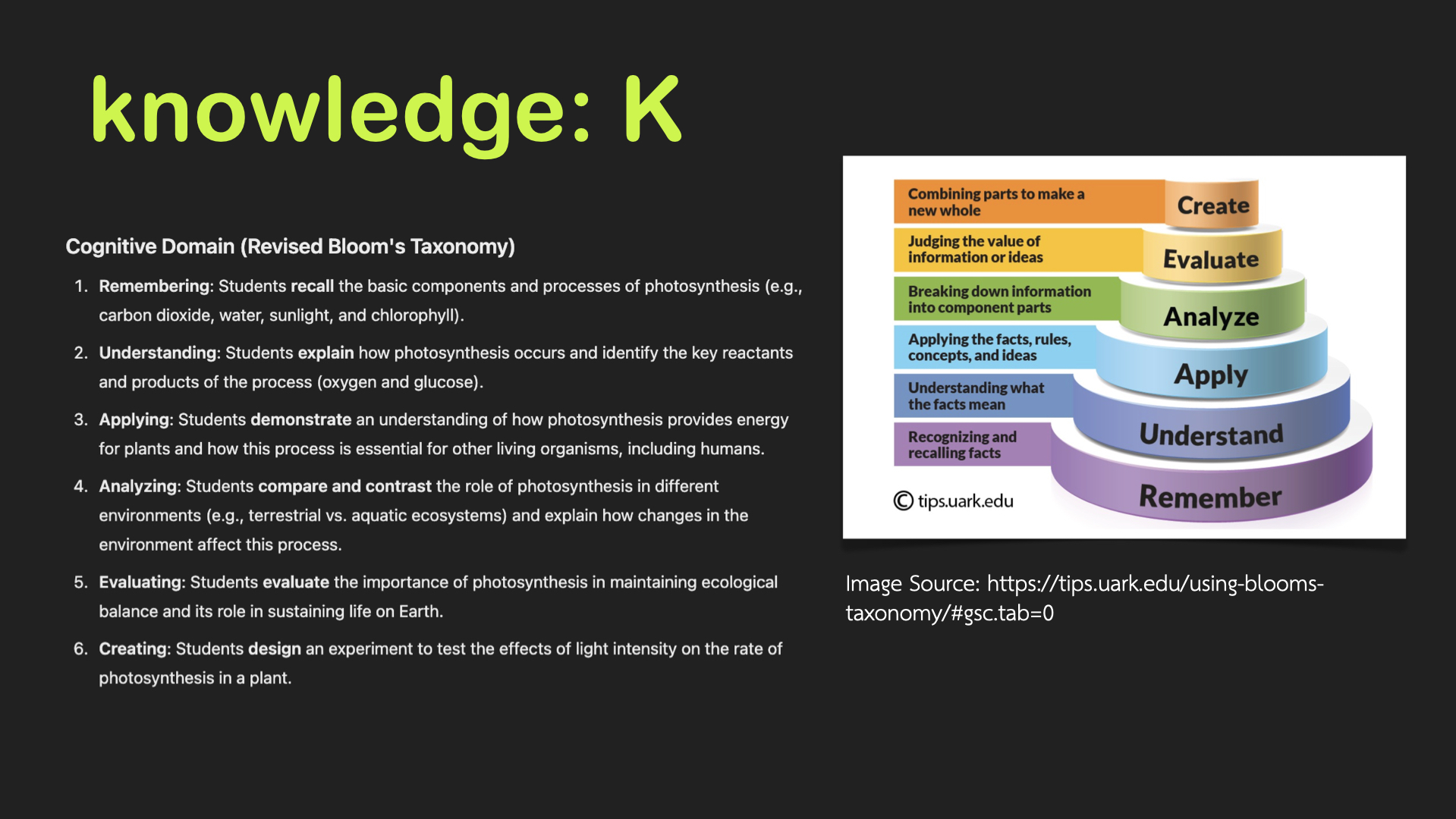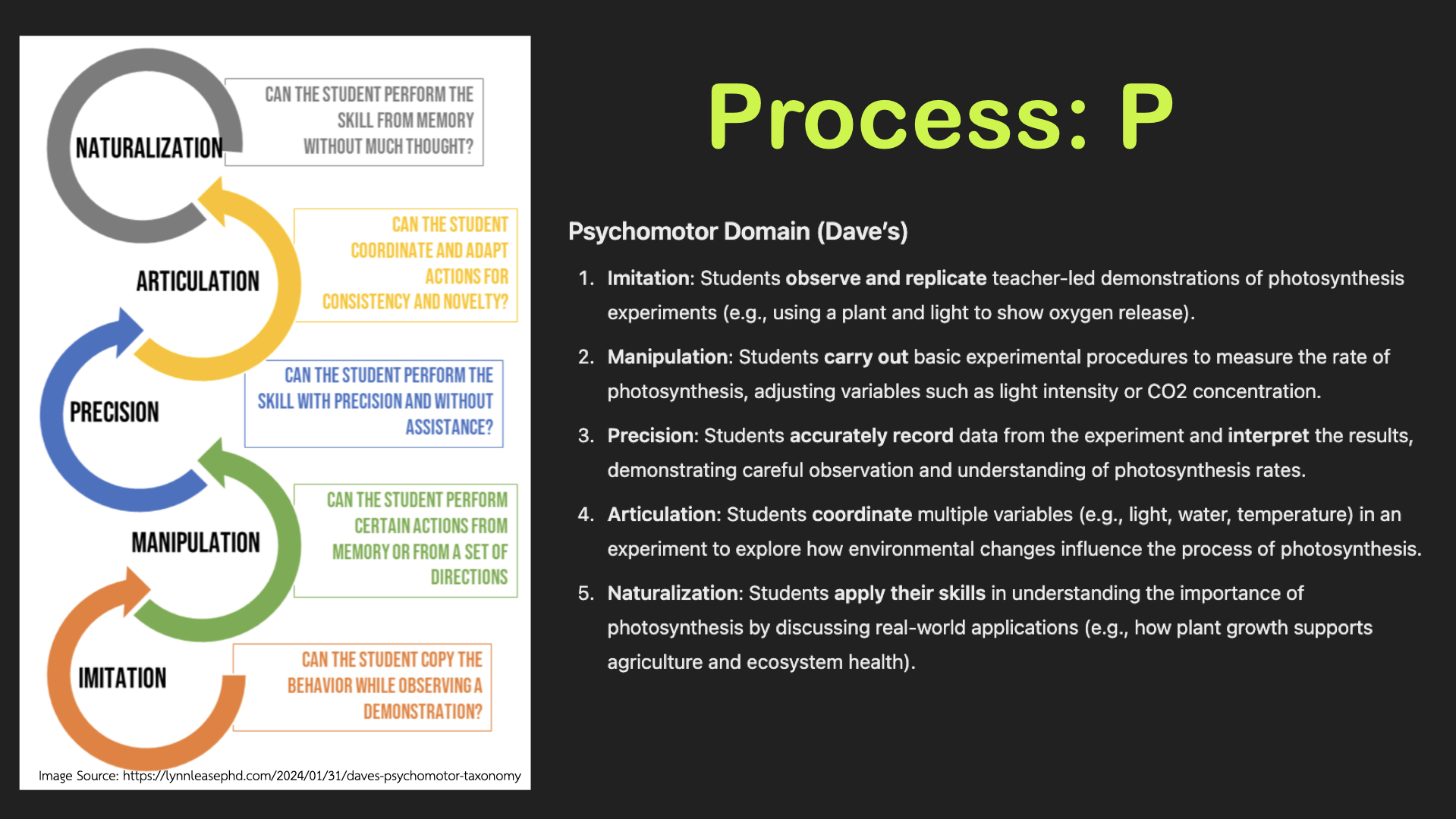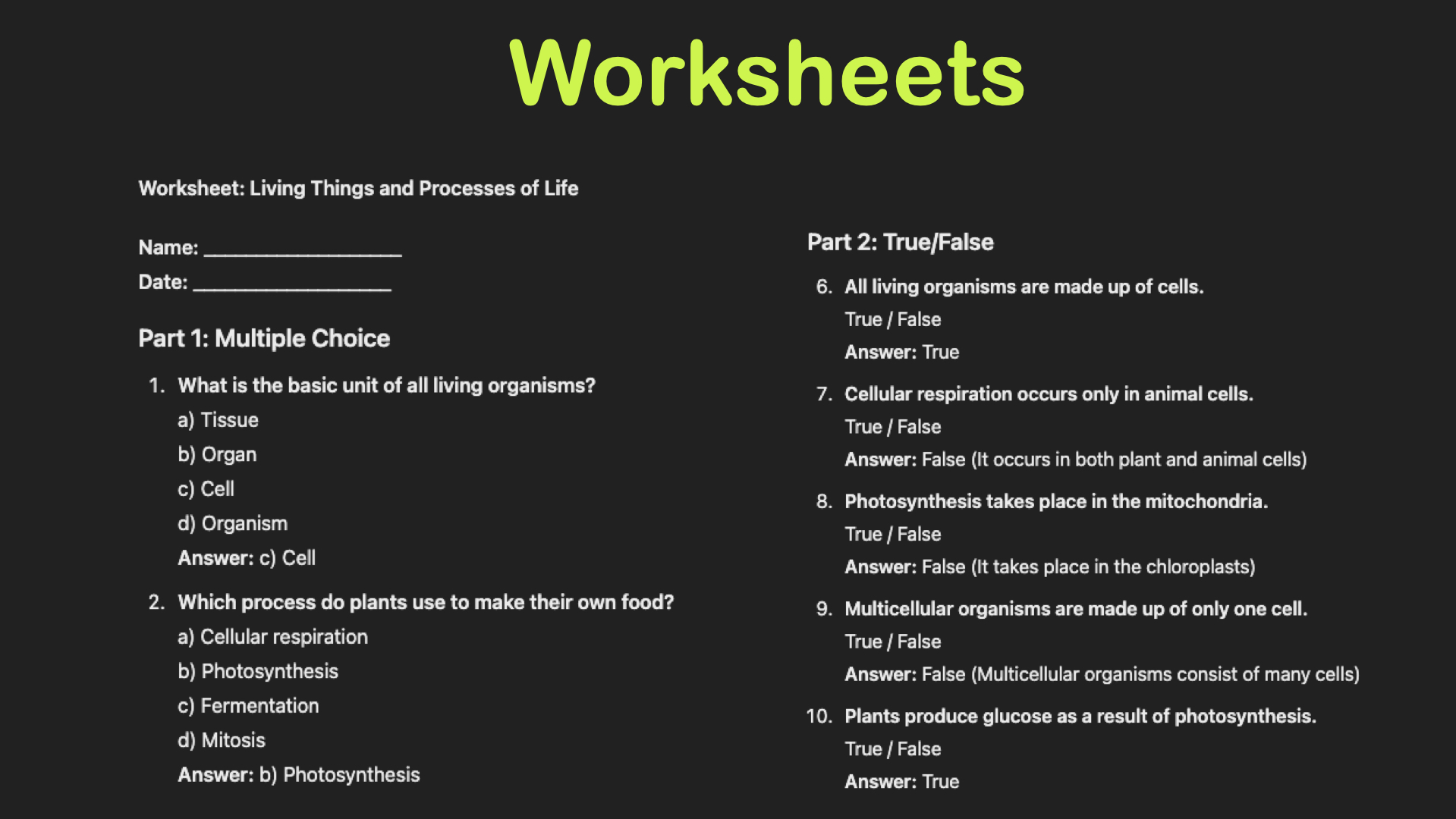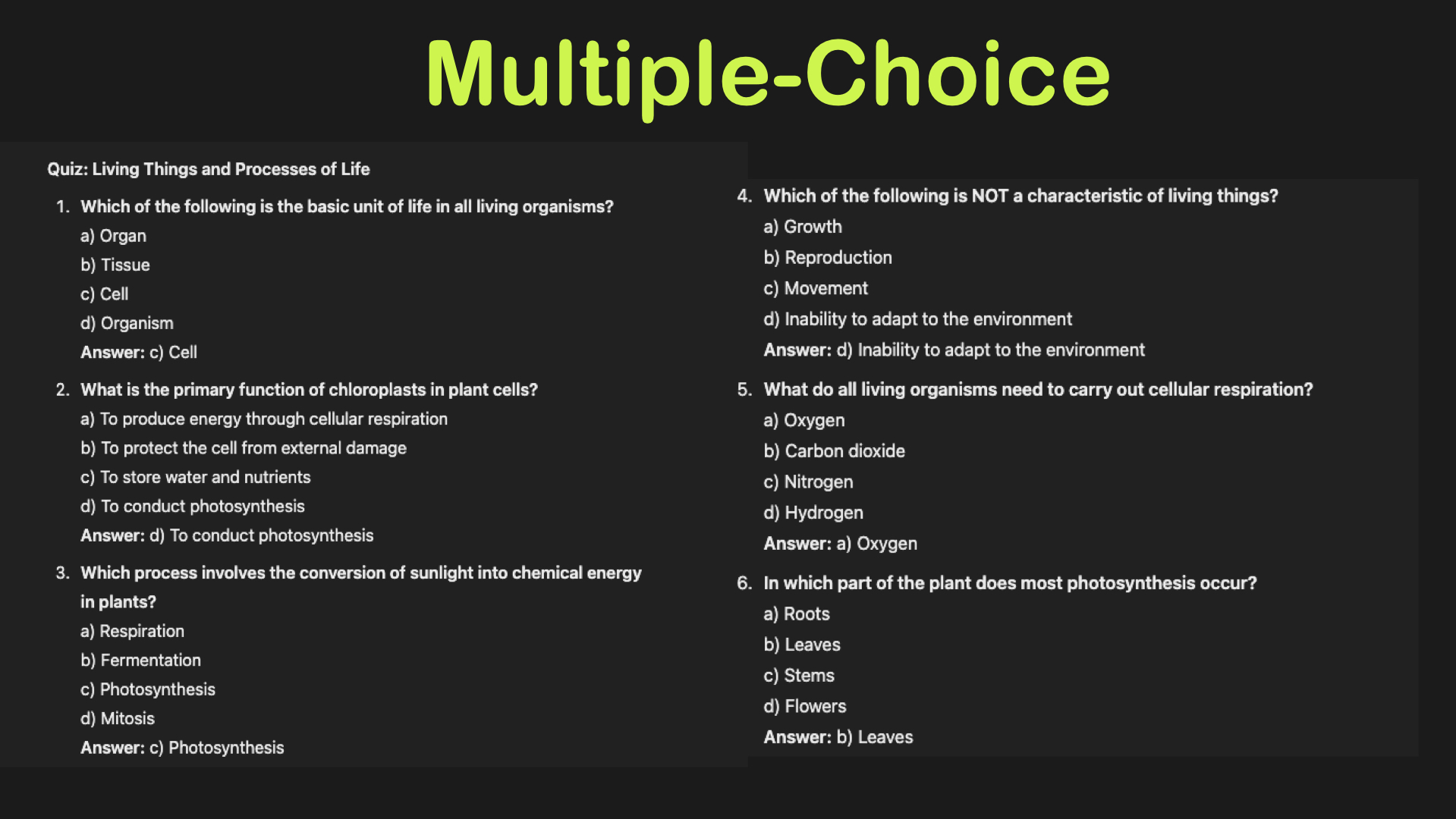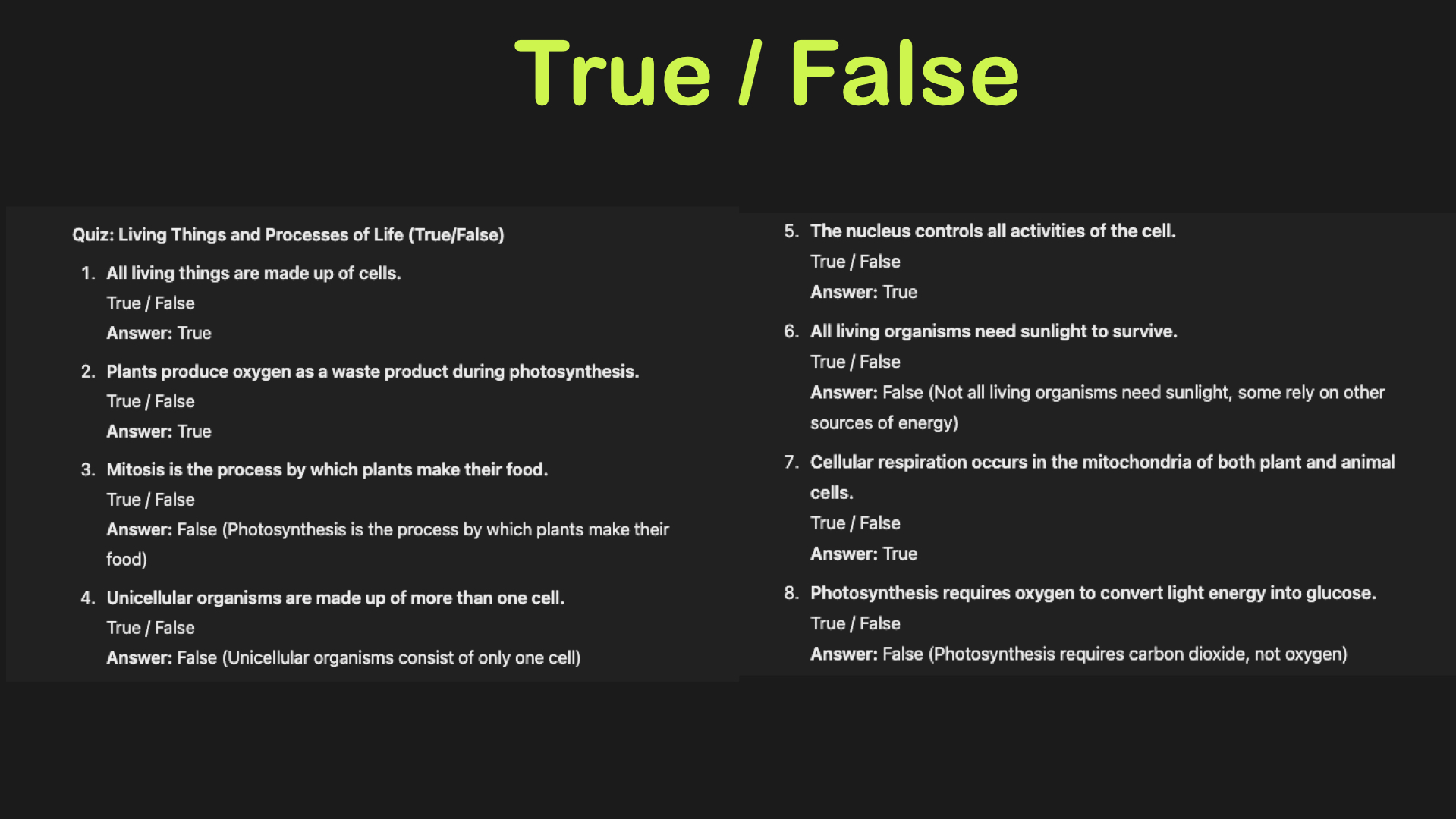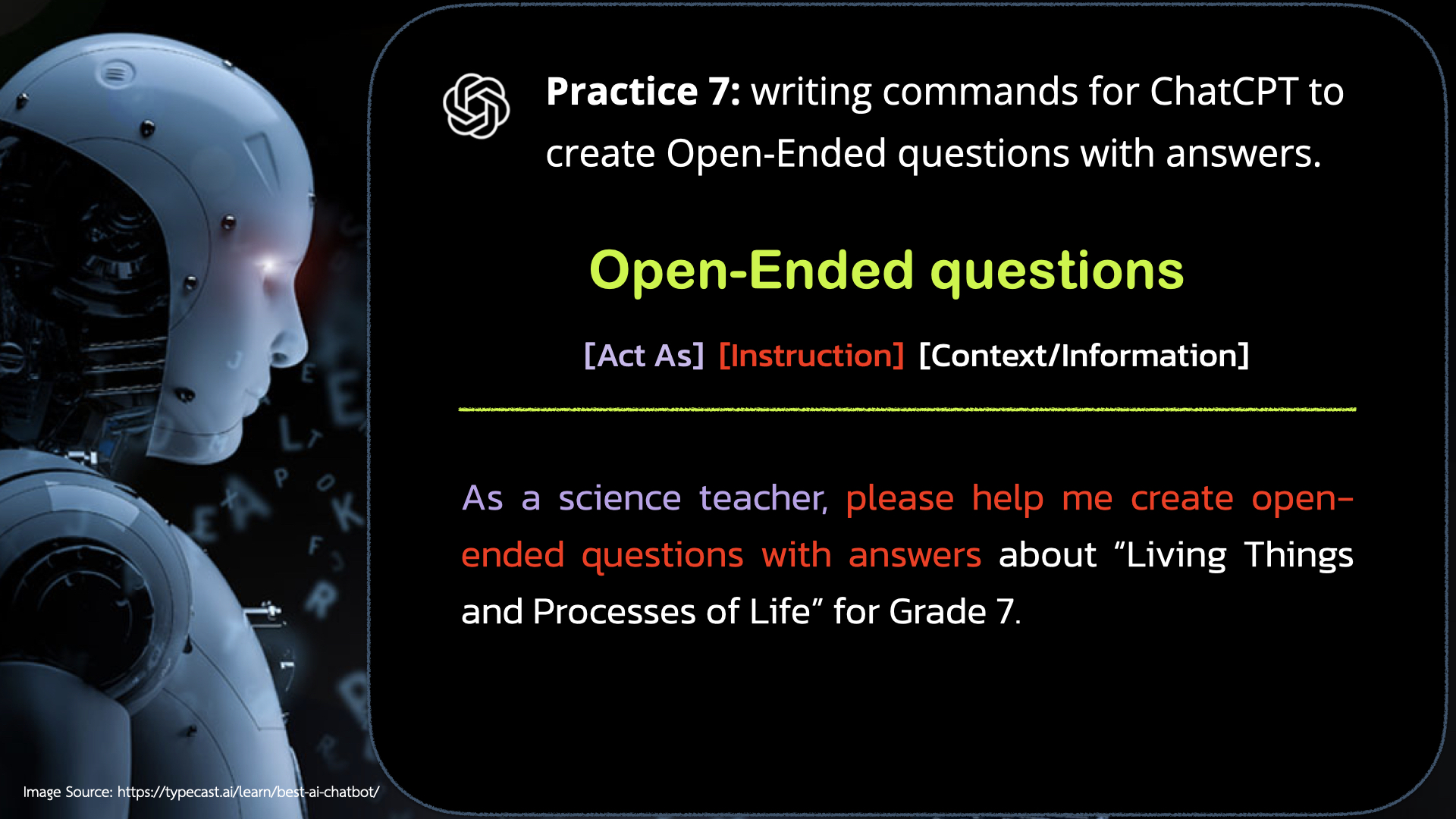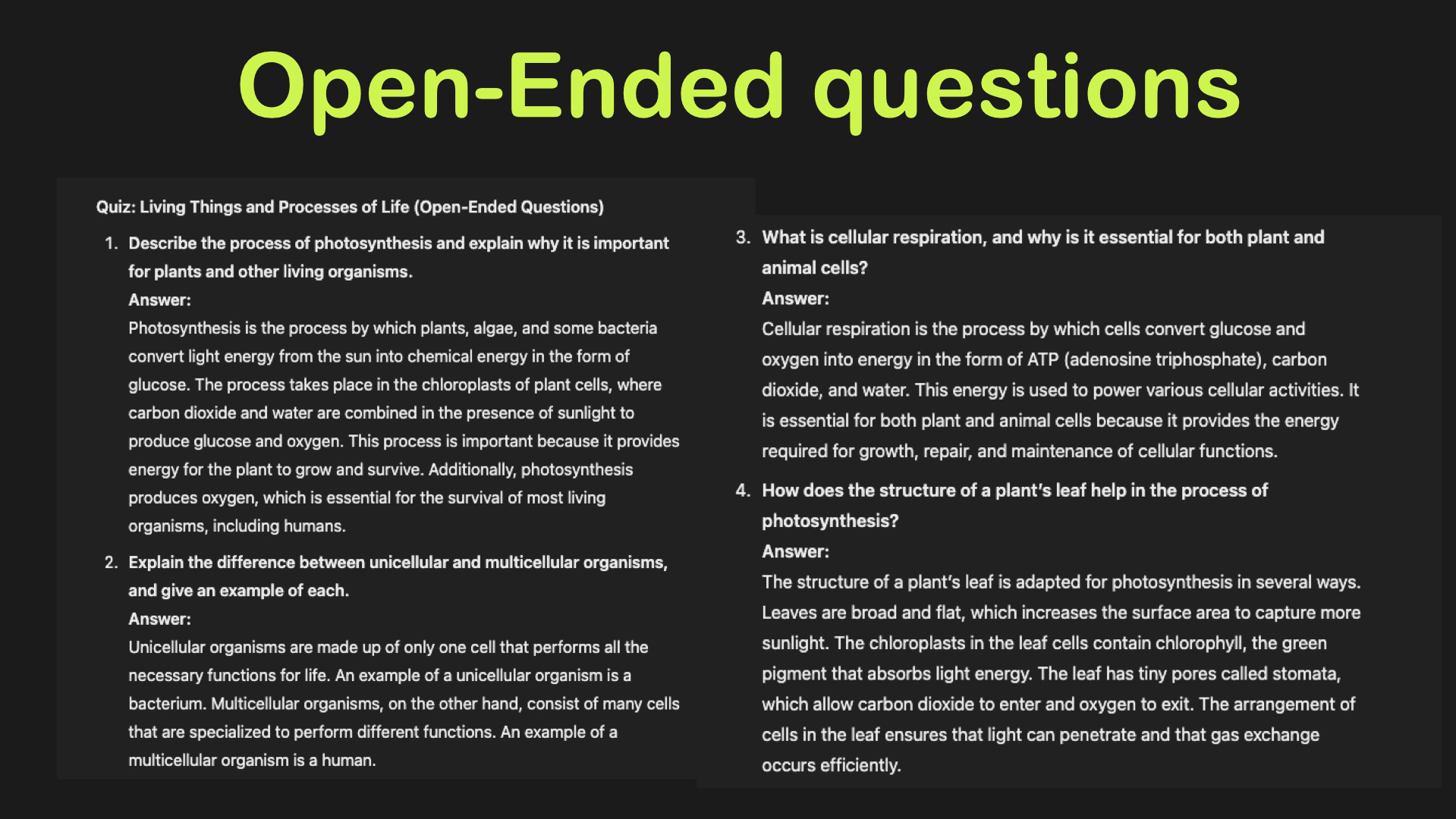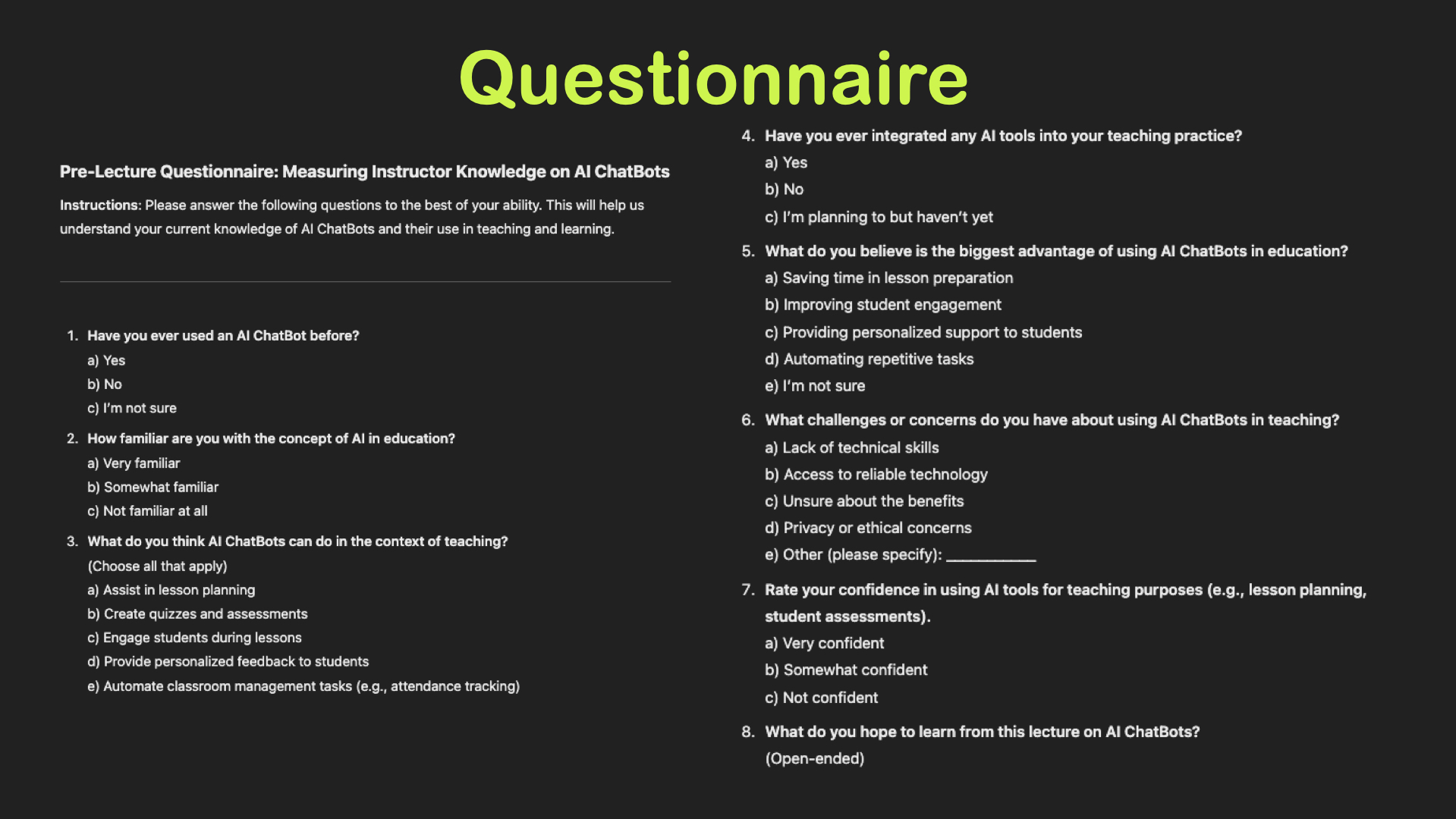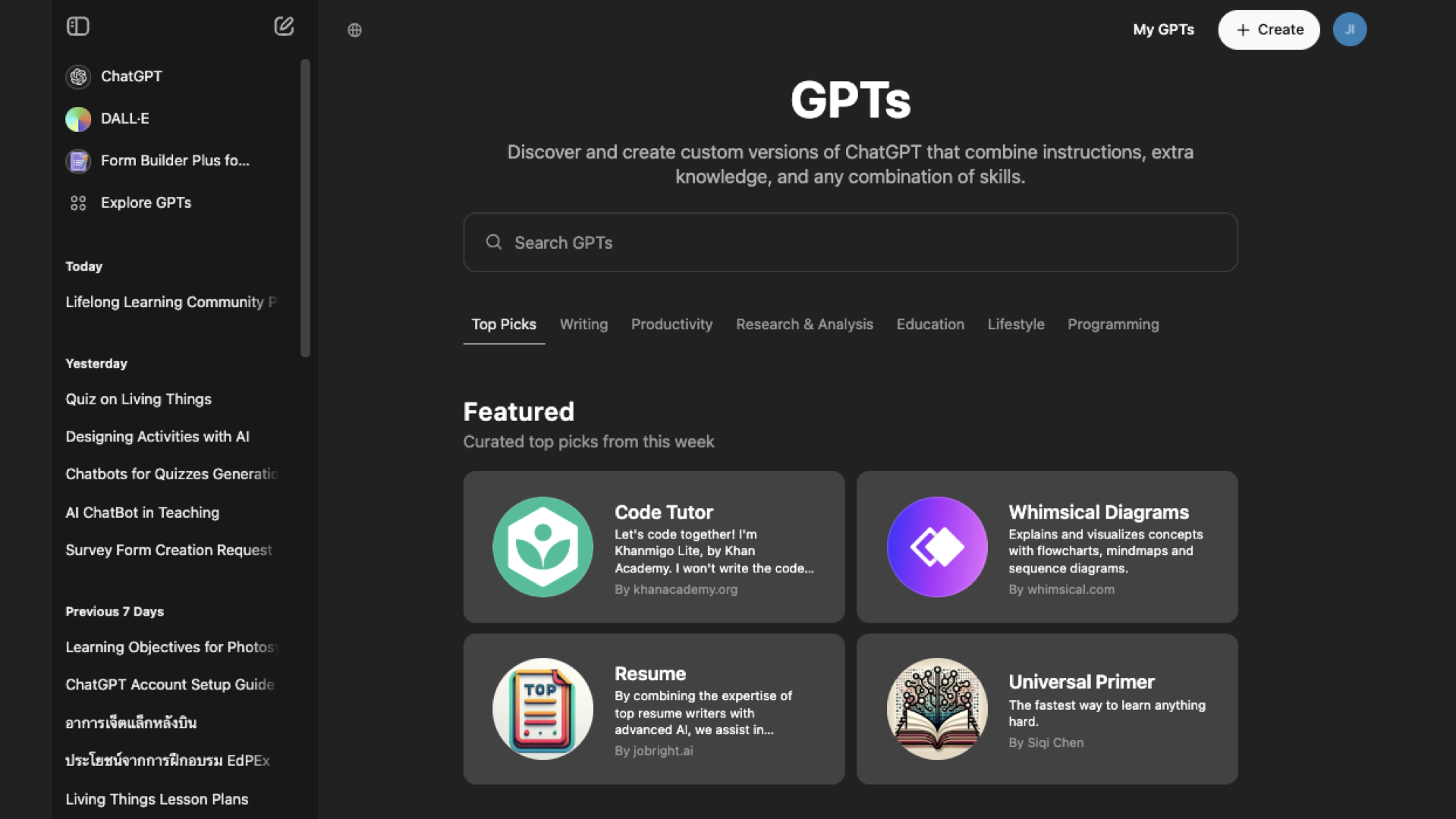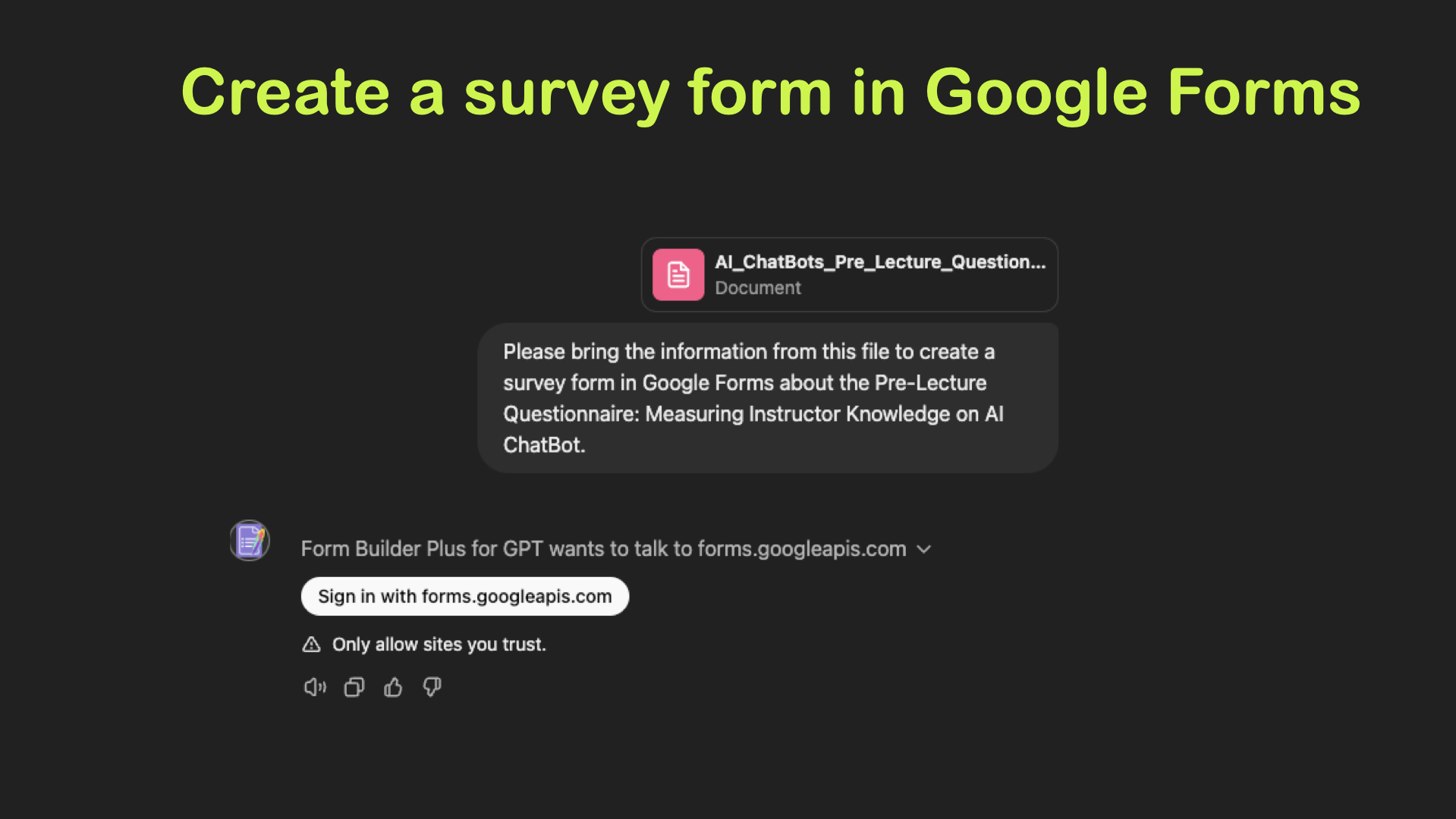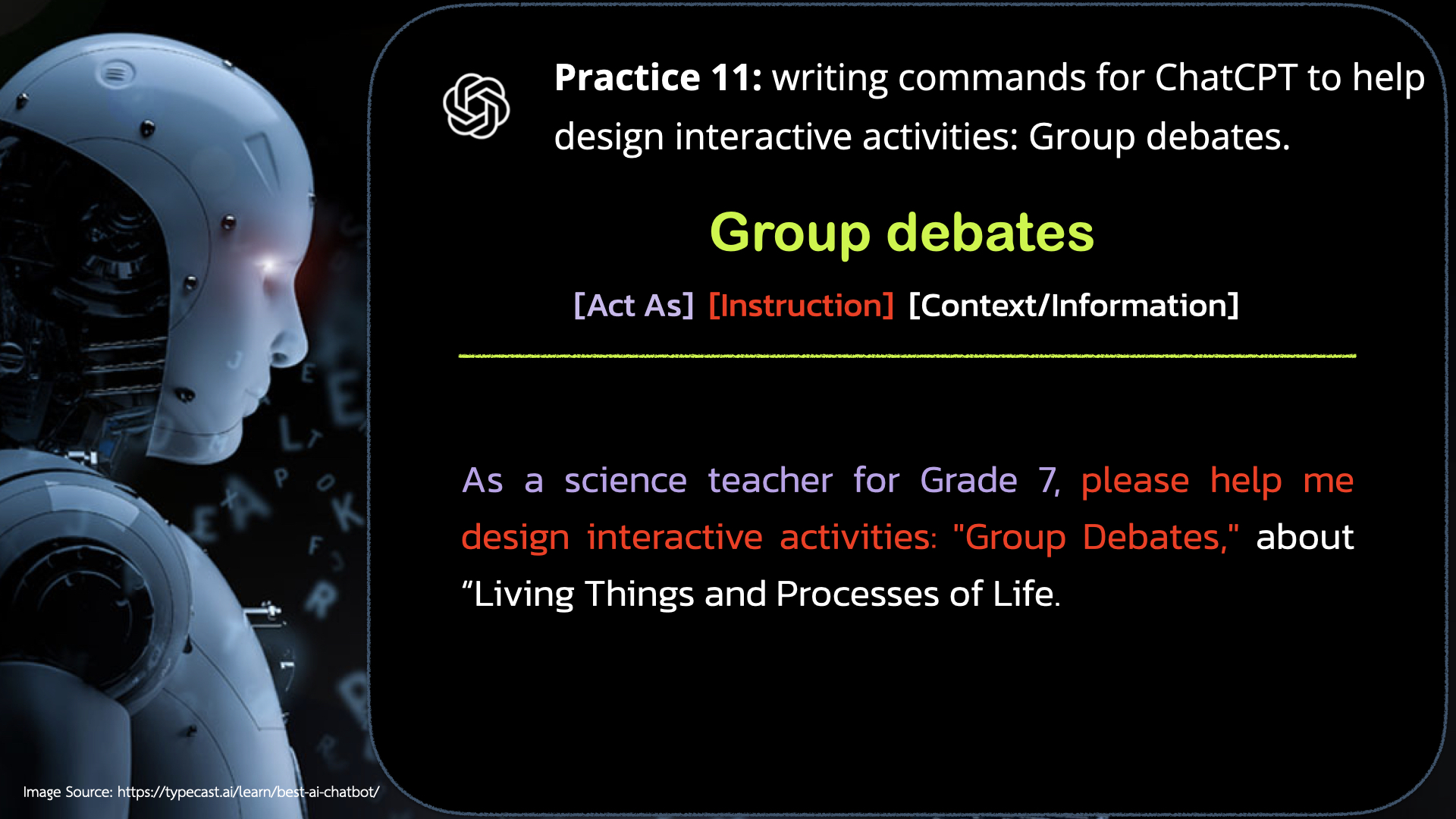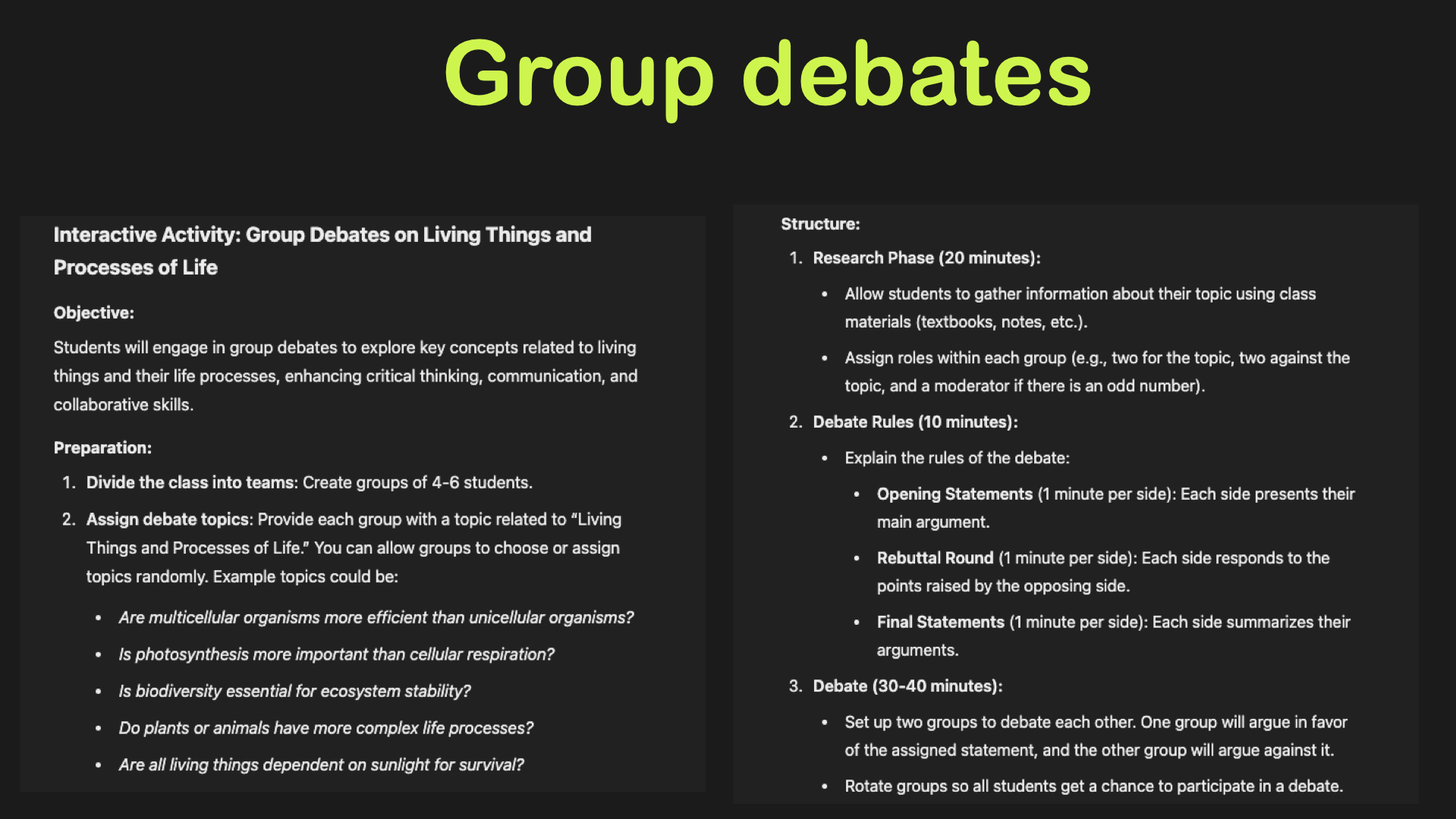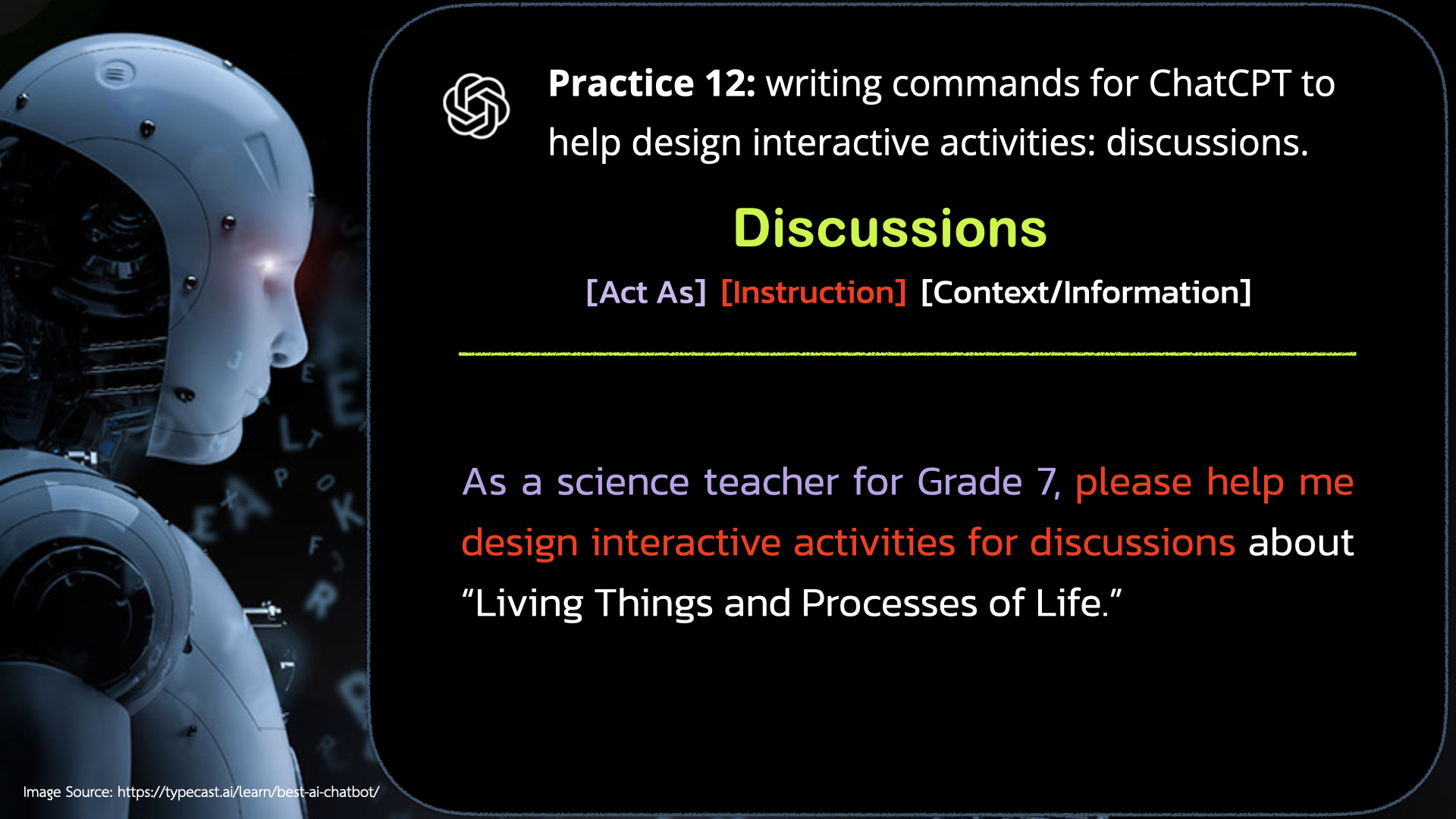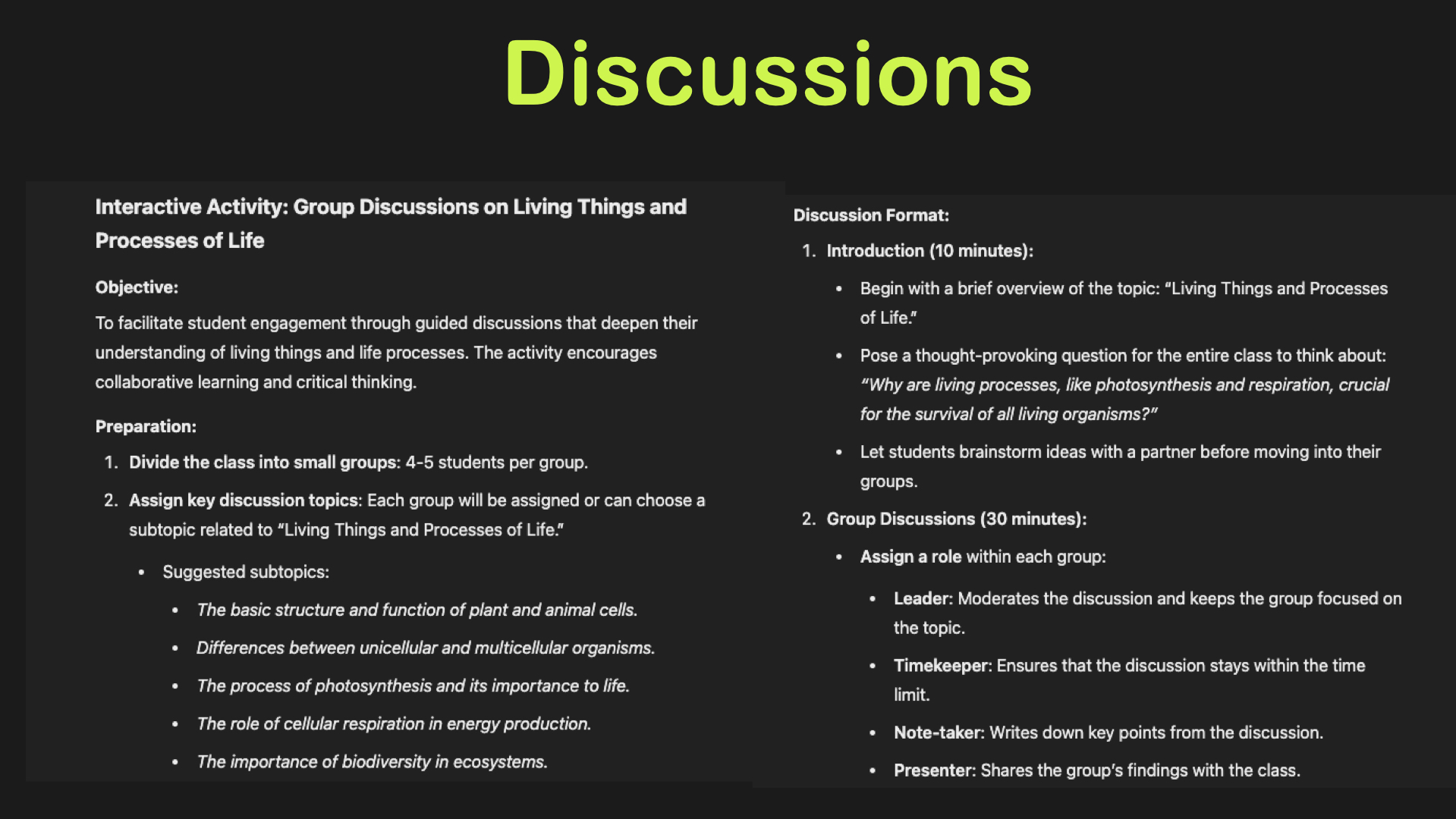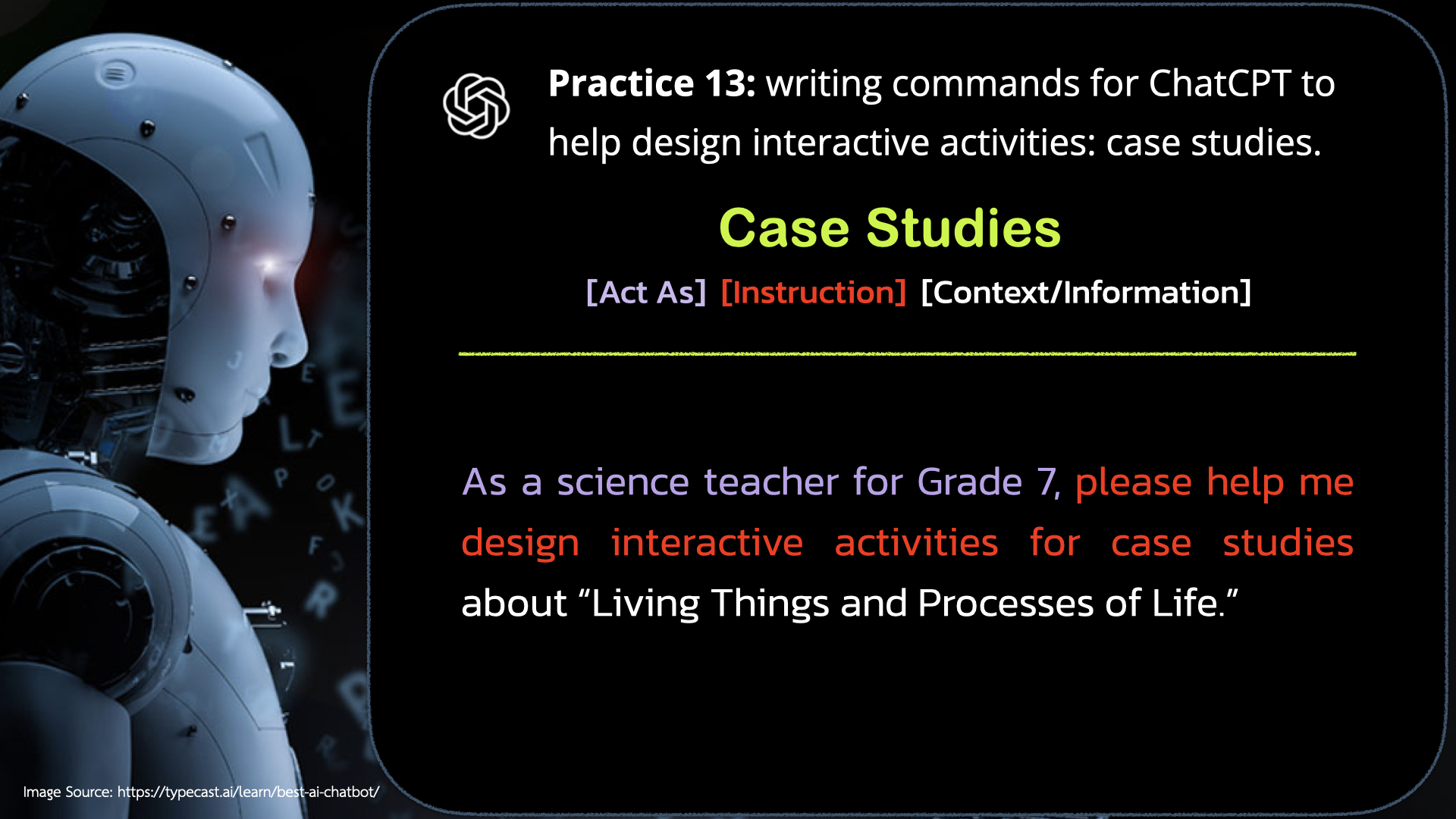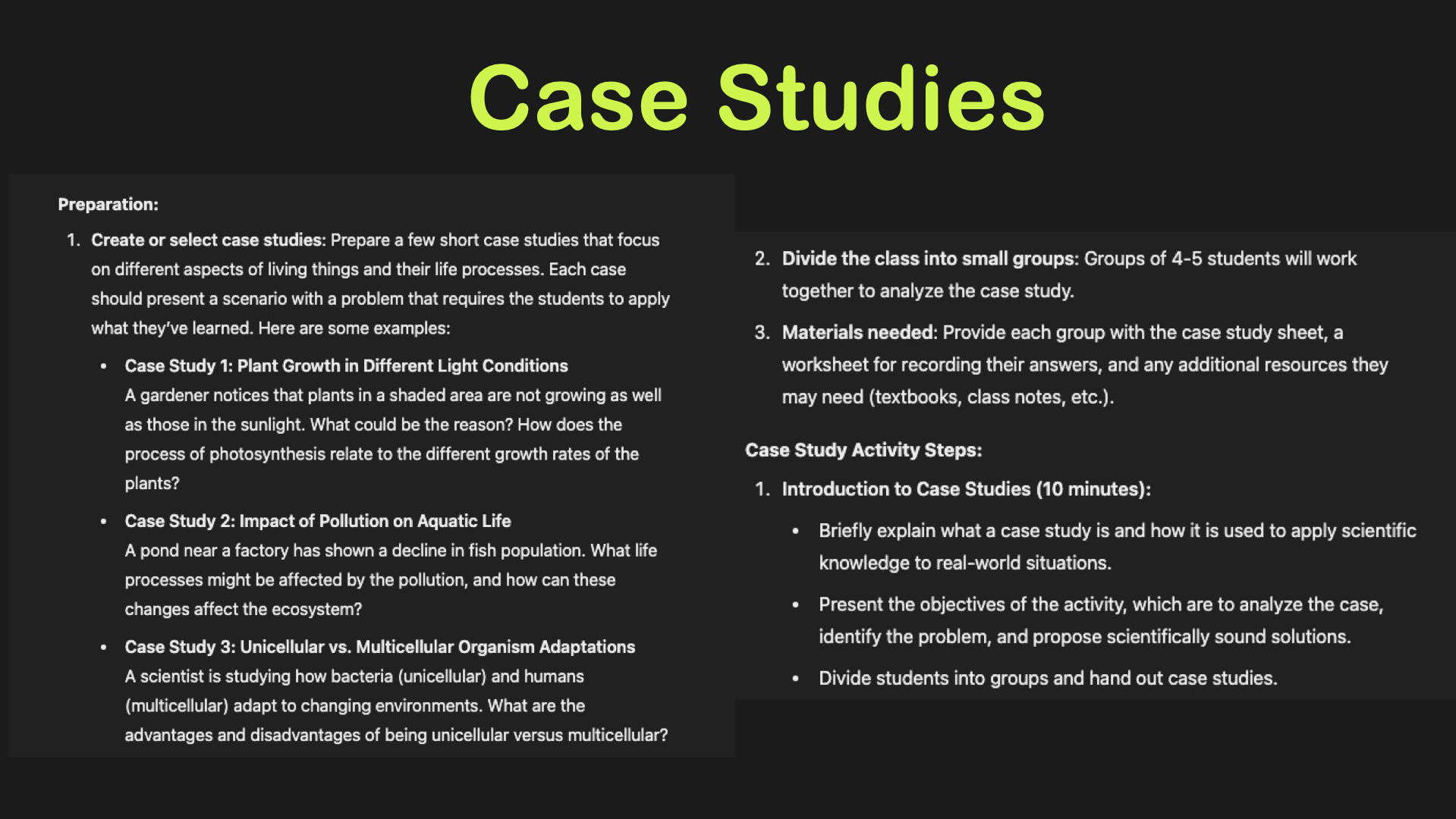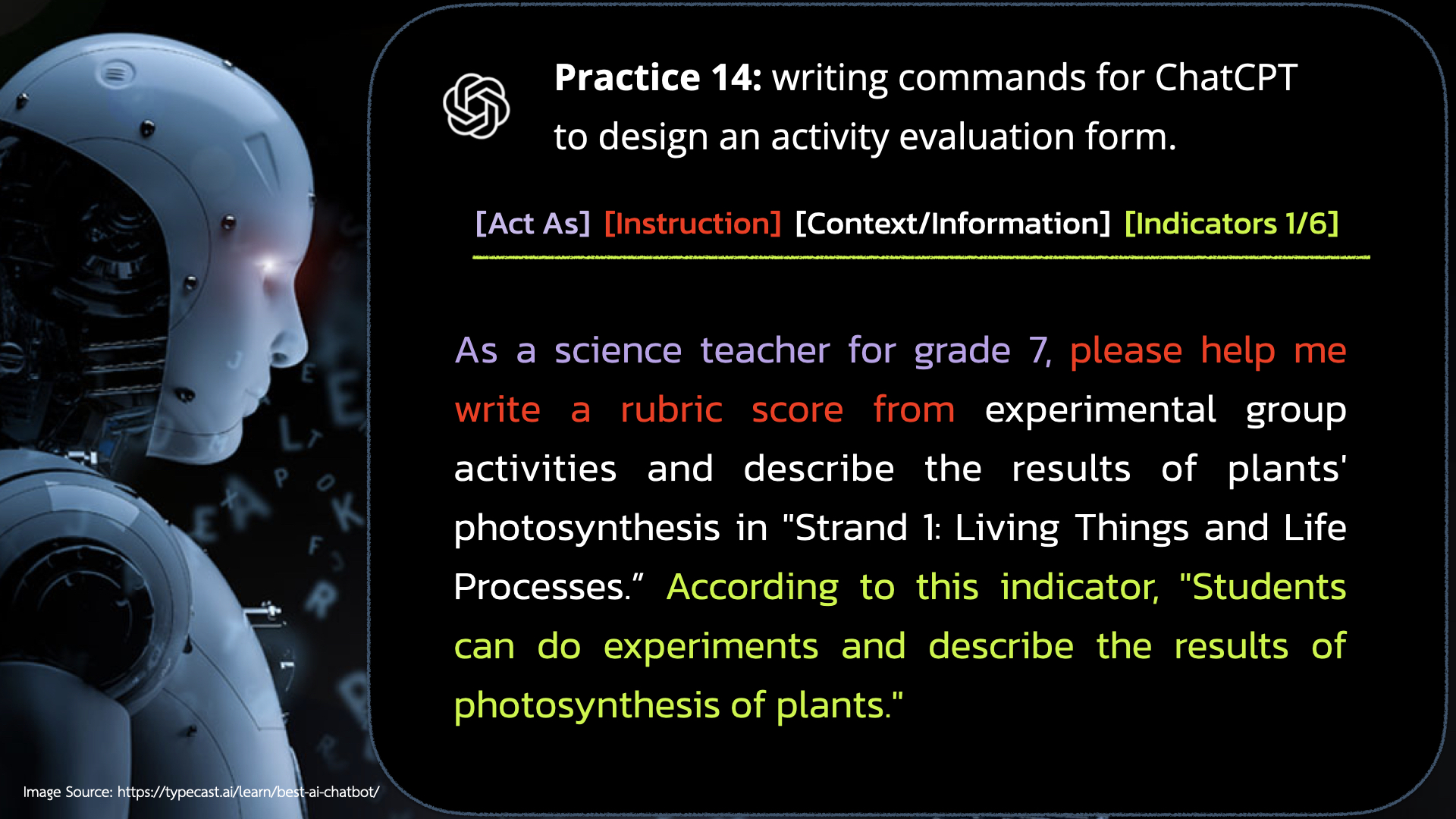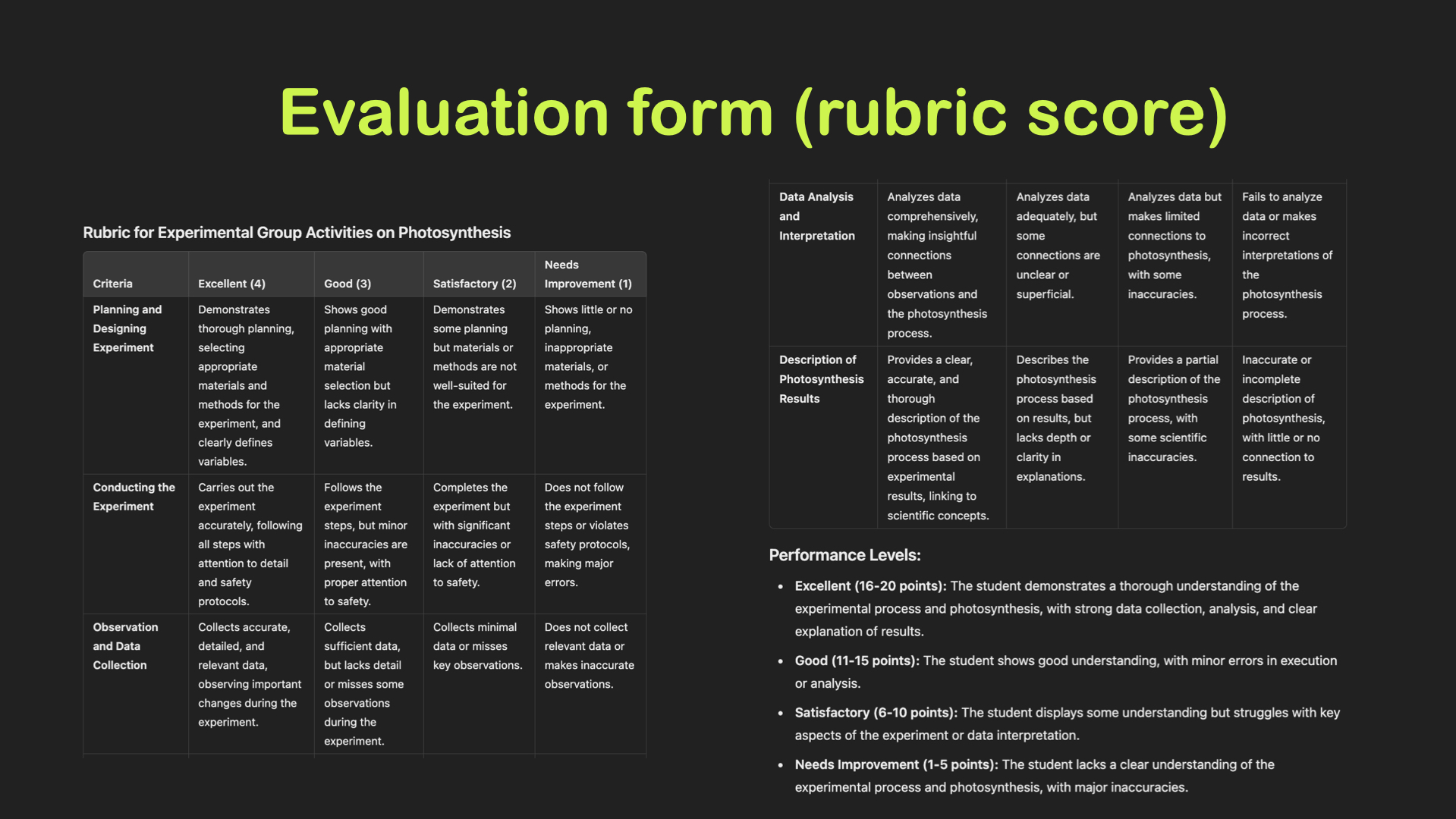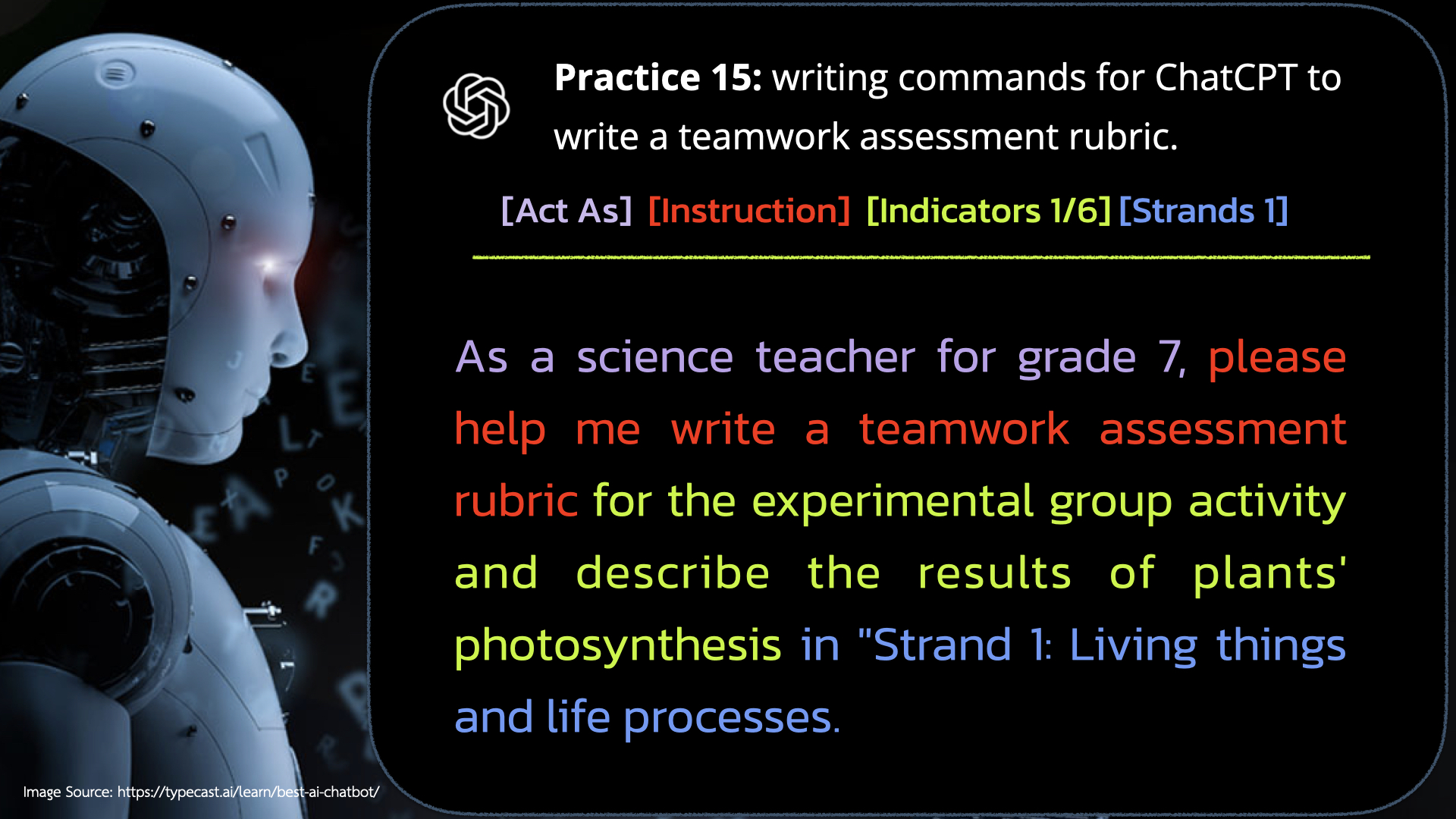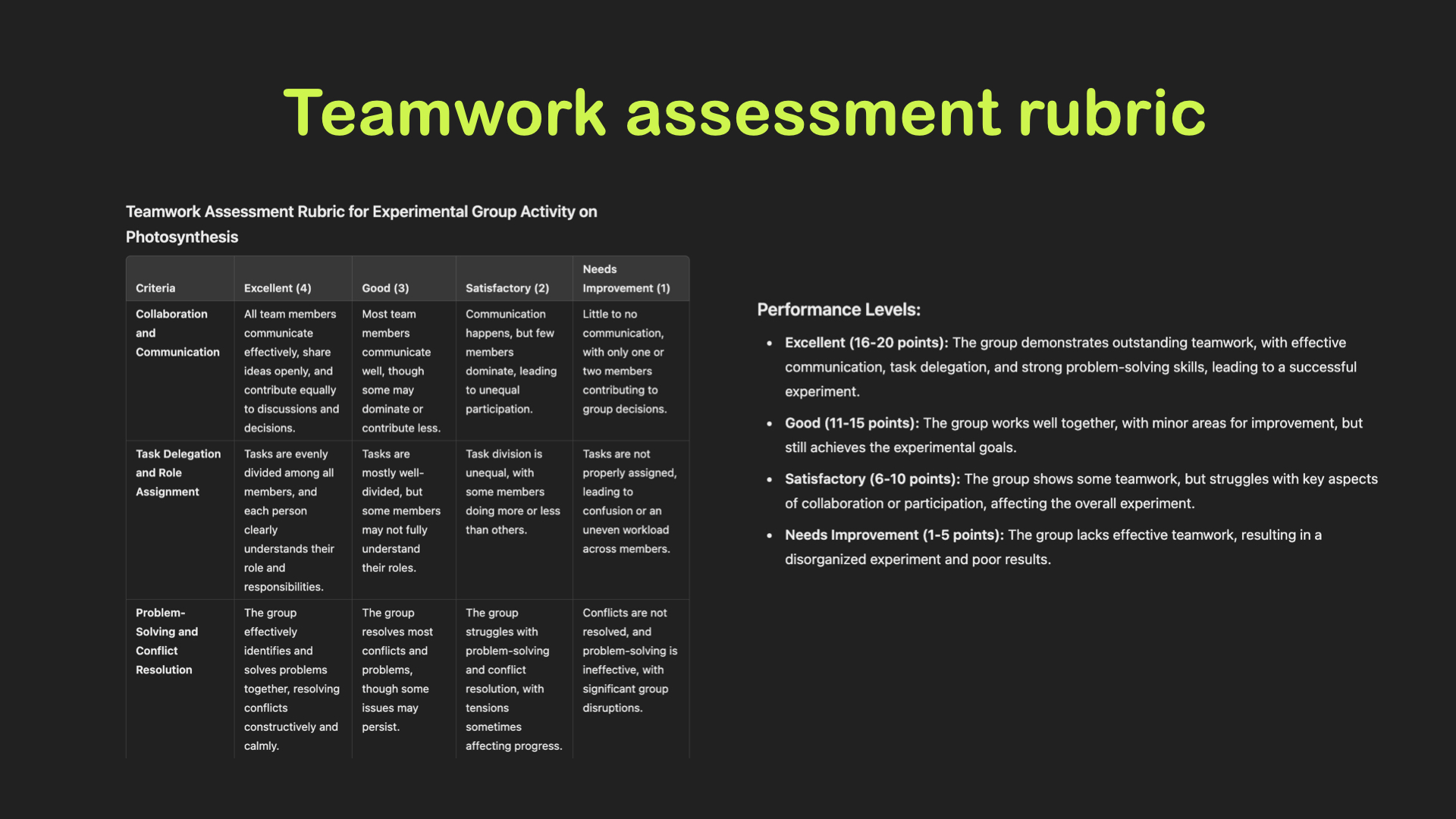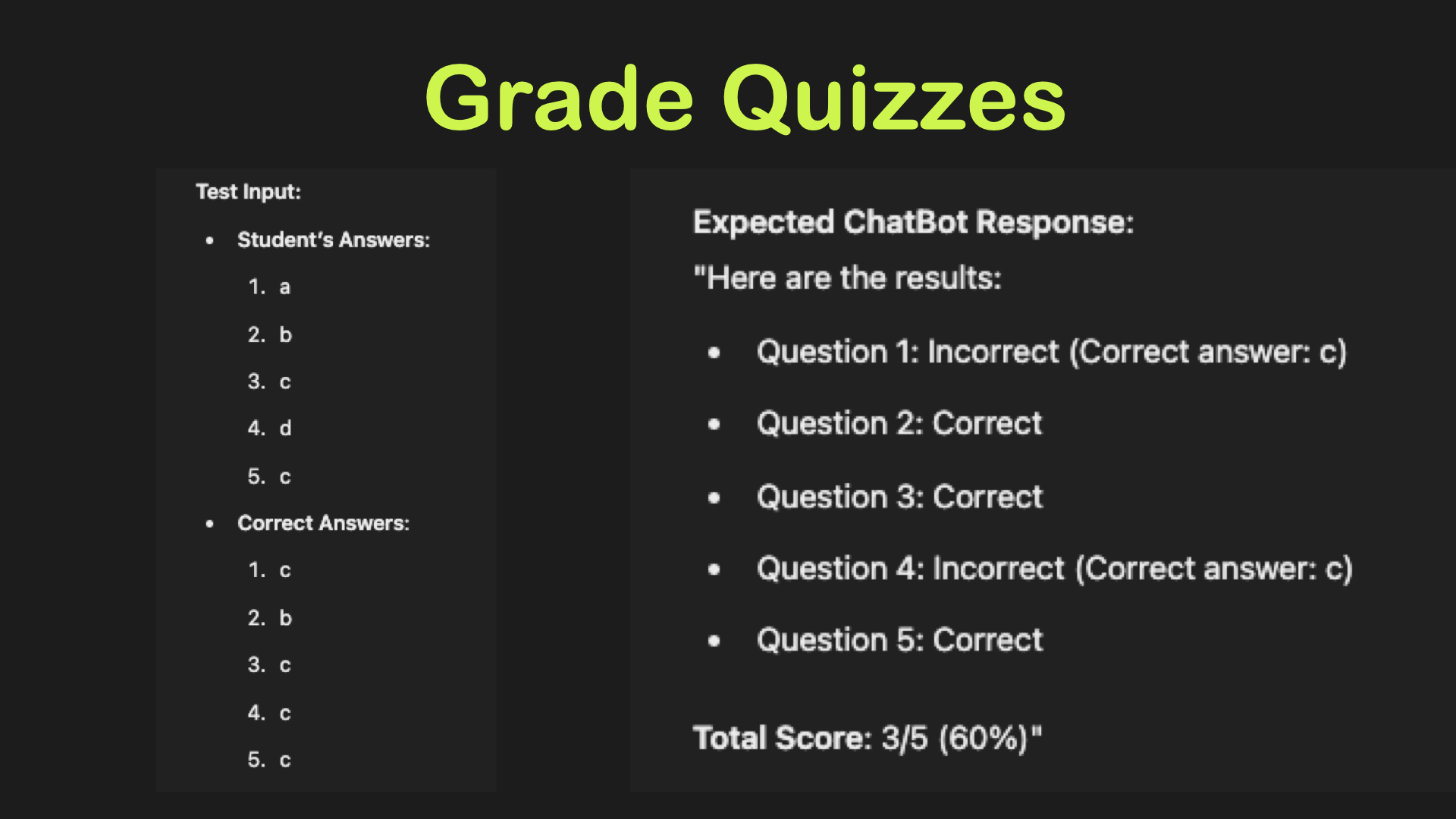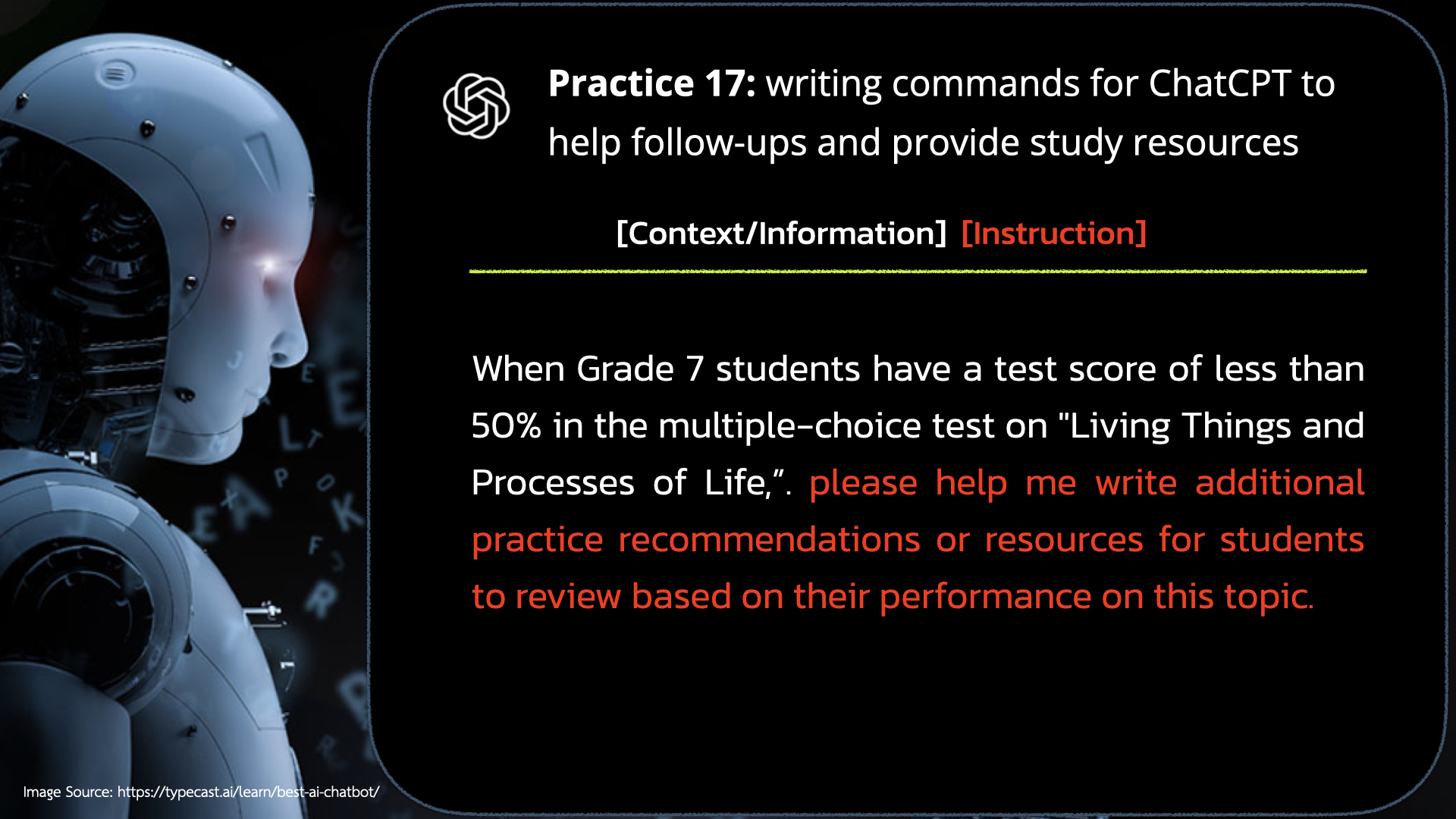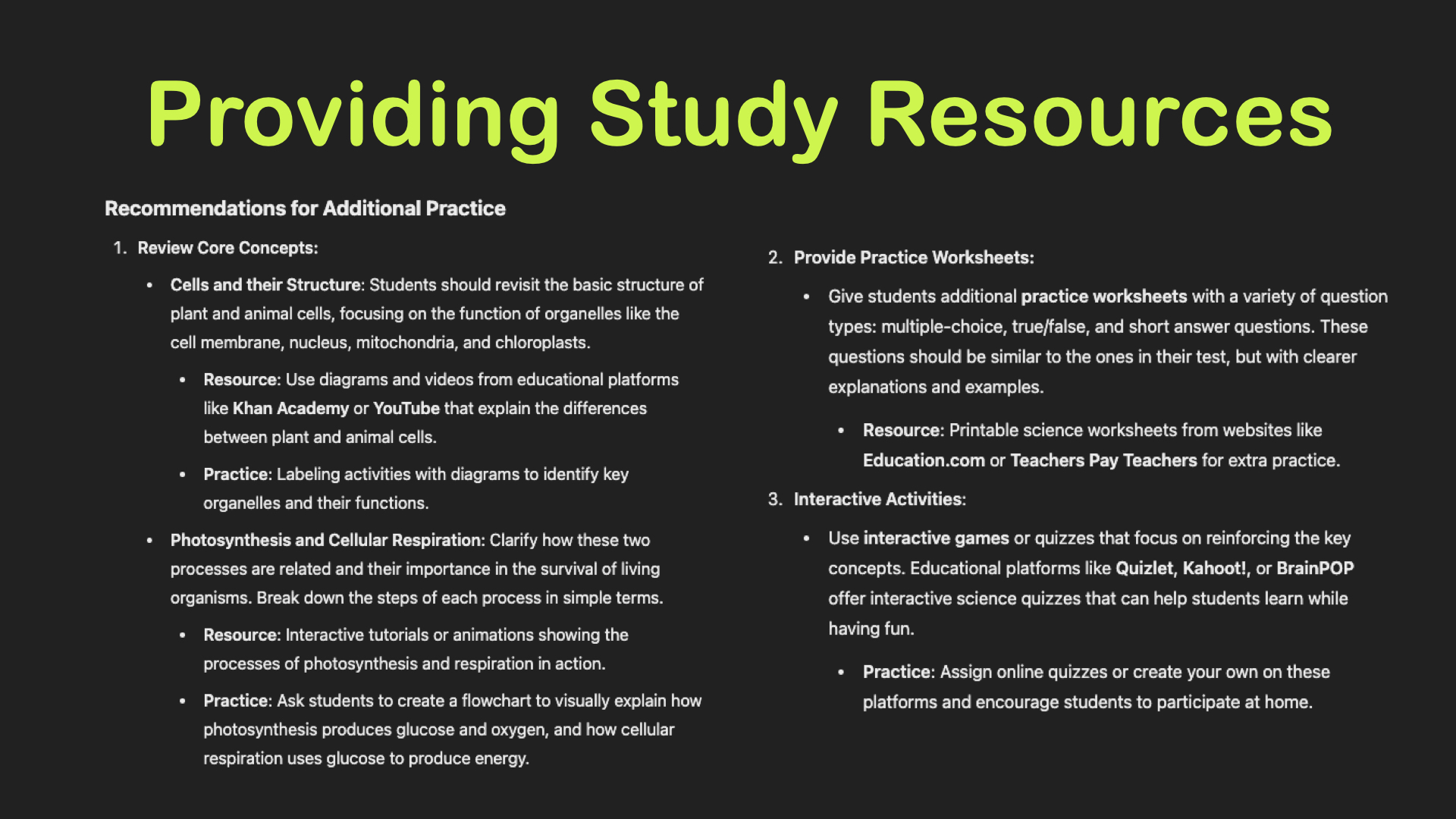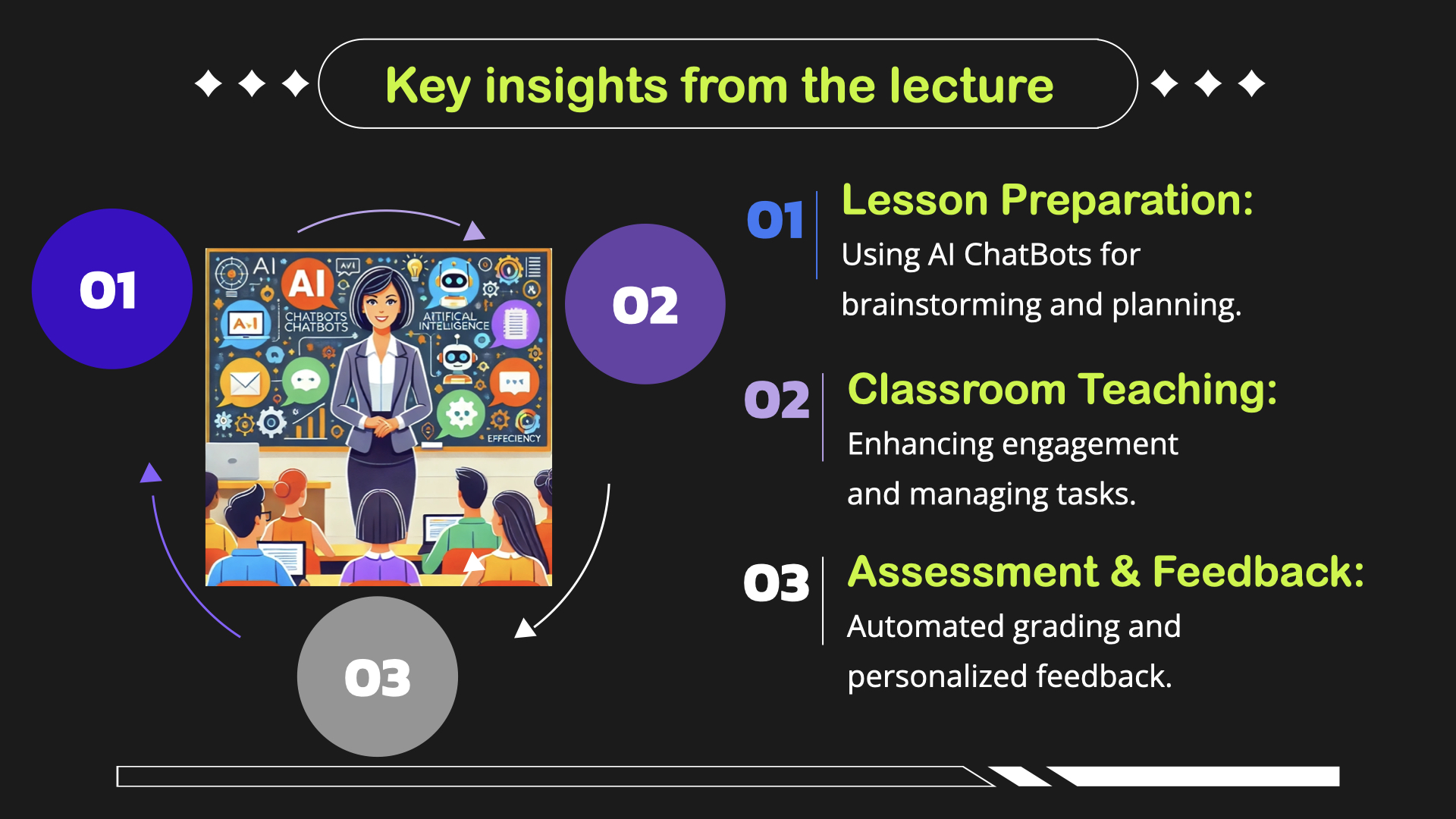What is Affective Domain in Bloom’s Taxonomy?
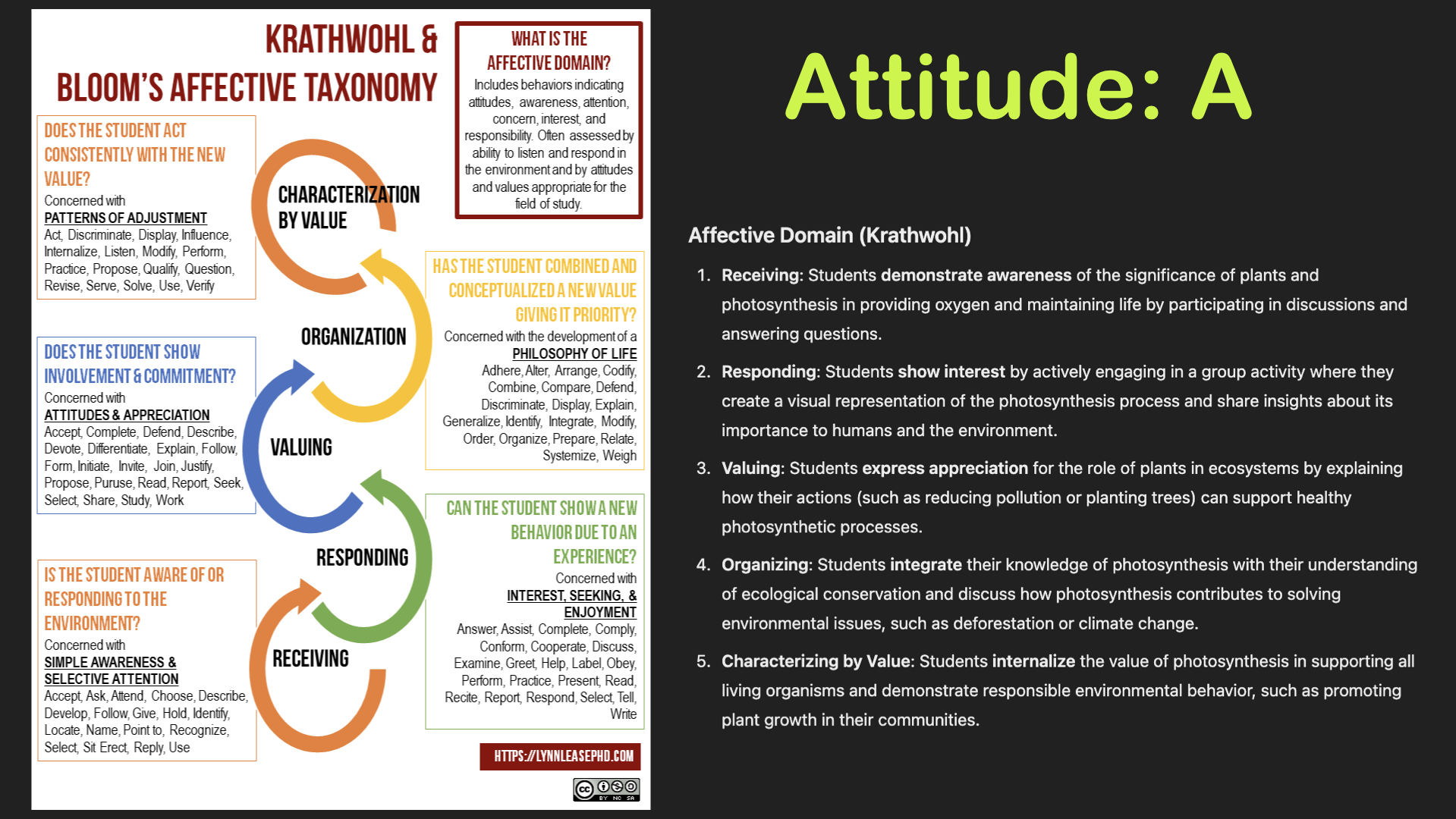
The Affective Domain in Bloom’s Taxonomy (1964) refers to the emotional component of learning, focusing on students' attitudes, values, motivations, and feelings. It is one of the three domains of knowledge, alongside the Cognitive and Psychomotor domains. The Affective Domain emphasizes how learners' emotions and attitudes affect their ability to learn, emphasizing the importance of emotional responses in the educational process.
Bloom’s Affective Domain is structured into five hierarchical levels, from simple awareness to internalization of values:
1. Receiving (Awareness): At this level, students are simply aware of stimuli, showing a willingness to listen or becoming attentive. It’s the foundation of the affective domain, where learners recognize and are open to new experiences or information.
Example: Paying attention in class, showing awareness of a topic.
2. Responding (Participation): Learners actively participate or react to the stimulus by engaging, complying, or responding positively. They not only pay attention but also participate in the learning process.
Example: Asking questions, discussing topics, or completing tasks.
3. Valuing (Attaching Importance): At this stage, learners start attaching value or worth to a concept or experience. They show commitment to something by acting consistently with the value they attach to it.
Example: Showing interest in sustainability and supporting environmentally friendly practices.
4. Organization (Prioritizing Values): Learners integrate different values into a value system and start prioritizing them. They compare, relate, and organize values based on their beliefs and judgments.
Example: Resolving a conflict between environmental values and economic decisions.
5. Characterization (Internalization of Values): At the highest level, the learner's behaviours consistently align with the internalized values, which become a defining part of their character. The learner acts consistently with these values in a committed and predictable manner.
Example: Advocating for ethical practices as a central part of their personal and professional identity.
The Affective Domain emphasizes how important emotions and attitudes are in the learning process. They affect not just what is learned but how deeply it is internalized and applied in real-life situations. This domain is crucial for developing critical thinking, empathy, ethical behaviour, and personal growth.




